Israel’s Top Secret Mountaintop Spy Unit
September 16, 2012| 24/7; 365; 8200; or, inside the IDF’s top-secret mountaintop spy unit |
At 2,224 meters (7,300 feet) above sea level, inside Mount
Hermon, intelligence operatives listen to signals around the clock • Overlooking
Syria, the men and women of this secluded electronic surveillance outpost are
the first line of defense in preventing surprise attacks.
information about the enemy.
|
|
First lieutenant A. says he will never forget his first
time. “I was in ecstasy, I felt like I was on top of the world. There is nothing
like it; it’s better than anything, even the greatest party in town. Wow.
“I heard some tremendous information over the earphones. I
was a young signals intelligence interceptor, two weeks after completing a
difficult training course here. I just jumped up over my desk and ran to the
commanding officer’s window and said to him: ‘I have gold in my hands.
Gold!'”
Today, A. is the commander of a signals intelligence team
in the elite Israle Defense Forces Military Intelligence unit 8200. His team is
situated in an outpost atop the snow-covered Mount Hermon — an outpost that has
been labeled “the eyes of the nation.”
For the first time, the IDF has allowed the outpost to be
exposed in the media, giving a rare glimpse into the mysterious and secretive
lives of the soldiers perched at the highest altitude in Israel, at 2,224 meters
(7,300 feet) above sea level. They are glued to their headsets 24 hours a day,
365 days a year, and they listen to anything that moves, or doesn’t move, in
Syria. The goal: to ensure that Israel is not caught by surprise, as it was 39
years ago, when Arab states launched a surprise attack on Israel on Yom Kippur,
the holiest day of the Jewish calendar. They are not just the eyes but also the
ears of the nation.
The outpost is located literally inside the mountain, in
tunnels dug in the 1980s as part of the aftermath of the Yom Kippur War. Below
the outpost lies a Syrian village, and you can see all of the Golan Heights from
there. Not far from the outpost, bloody battles are being waged between the army
of Syrian President Bashar al-Assad and the rebels, and Israel is closely
monitoring the developments, not without concern.
The 8200 unit transferred to this outpost some five years
ago. A tunnel leads to the lower part of the outpost, inside the mountain. That
is where the listening devices are housed as well as soldiers’ quarters, a
dining hall, a lounge, a gym and a training room. The thick metal doors usually
require codes, and everything is under wraps, top secret. There is a feeling of
intelligence and information locked in every hollowed rock wall.
The upper level of the outpost, out in the open air, is
where the antennas are held within giant domes. The small outpost looks like a
decked-out mobile telephone company fortress. The unit gathers intelligence via
signals (a field known as SIGINT), decrypts codes and uses cutting edge
technology to do it.
Col. Y., the unit’s commanding officer, takes us upstairs
in an almost pre-historic elevator that feels as if it might stop working at any
minute. There is an indescribable difference between the two levels. The old,
rusty elevator takes you on a minutes-long anxiety-ridden ride to the upper
level, and that is were you really find yourself at incredible heights.
“Here, in front of Mount Hermon, I get the feeling that I
am conquering peaks of information,” says Y. “I feel the weight of the
responsibility we have been given. Everything begins here. This is where the
initial information processing takes place. These antennas intercept signals
that undergo decryption in technology networks and end up in the listening
center. That is the core of the initial work on the intelligence chain. From
here, the information is passed on to the head of military intelligence, to
decision-makers, and to military divisions in the field.”
There are several security positions around the outpost,
manned by paratroopers. The view is breathtaking. The unbridled power of the
Golan Heights is laid out in front of your eyes. The feeling is that the entire
world is in their hands. The Syrian homes in the village below look like Lego
pieces.
Lt. Col. L., 8200 regional commander, says that every time
he climbs up to the top and stands next to the mighty antennas he is reminded of
the reasons he is so proud to be serving in the IDF.
“At the heart of every intelligence soldier lies the Yom
Kippur War trauma,” he says. “We teach the youngest private never to take any
chances, and if necessary, then yes, wake even the head of military intelligence
in the middle of the night with this or that piece of information, even if it
turns out to be less important than he or she thought.”
Couldn’t the enormous pressure on soldiers not to miss
anything devolve into paranoia?
“There is no paranoia, but there is a lot of
responsibility. They have to decide which material to process and which to
ignore, and that requires a lot of thought, a lot of listening and a lot of
understanding.”
Are there soldiers who couldn’t stand the pressure and
asked to quit?
Base commander Capt. D. intervenes in the conversation,
saying, “There were a handful of cases in which soldiers became stressed out at
one particular point and we stepped in and helped them, whether it was by
letting them skip a shift or by providing mental assistance, but I don’t know of
anyone who quit. The screening for the unit is so stringent that we only get the
best people — the ones with strong characters, maturity and a lot of
motivation.”
“This is not a conventional place,” says another senior
officer. “The entire region is undergoing profound changes, as are the
technological circumstances, and I can’t overstate the drama that is unfolding
here. [In the past] we had to monitor two and a half fronts, but today we live
in a much more complex and challenging age, and so are the demands. Our job has
come to cover a lot more ground and we need to keep reinventing ourselves.”
Can you say with any degree of confidence that Israel
won’t be caught off guard again as it was in 1973?
“As an intelligence officer, I am never at ease. The
moment I become comfortable, they will have to replace me. Maybe we won’t be
surprised as we were in the Yom Kippur War, but that doesn’t mean that we can
rest assured that we will know everything. In the past, you had to give warning
before going to war. Today, things are different. Things are happening in Syria,
Egypt has undergone profound changes, a lot of new players have entered the
arena. We can never think that we won’t ever be caught off guard again.
“I am rather perturbed by the threat coming out of Sinai,
and from the no-man’s land that has erupted right under my nose. Even the border
with Lebanon is never calm. Our job is to understand the dangers and the various
scenarios, to accurately analyze all the challenges, to act in a much wider and
varied fashion and to doubt everything. To be sober.”
Down below, the listening center looks like a beehive,
teeming with activity. There are quite a few female and male soldiers, a small
percentage of them young people who began the process of screening and selection
before their recruitment, and then completed short basic training before moving
onto a grueling training course. They come here after six months in the
army.
Manning the listening center are signals intelligence
(SIGINT) operators, equipped with headphones, technological and intelligence
accessories, and facing computer screens. A standard shift lasts eight hours,
and the operators remain constantly attentive, believing that every conversation
they intercept can save lives, and that they have a crucial role in formulating
deterrence.
Cpl. D. is a SIGINT operator. She is 20 years old, with
big, inquisitive eyes, black, wavy hair, and pleasant smile reflecting a
satisfaction which she is not particularly trying to hide. Every morning she
jumps out of bed before 6 a.m. to get to her shift on time, already eager to
begin her work, listen in on Arabic conversations, and intercept
information.
She began serving here about a year ago. Like the others,
she was marked for the role even before her recruitment. “In high school, I took
Arabic at the highest level and always knew that I wanted to serve in
intelligence. I specifically wanted to serve in this post in the Hermon. This is
a small and intimate place which offers huge challenges and gives a lot of
satisfaction.”
And also a lot of pressure?
“I don’t panic,” she says. “It doesn’t bother me to hear
so much Arabic in one day, it’s my duty, and I’m not willing to give up on it. I
wasn’t looking for an easy army service that was close to home. I didn’t want to
be at the Azrieli Mall (in Tel Aviv) all the time after just another boring day
at the Kirya. I wanted to go far, even though during the winter, it’s hard here.
But this is the place. This is the core of the army’s intelligence. This is the
work I dreamed of doing for so long.”
You’re not afraid of a war breaking out precisely during
your shift?
“Sure, it has crossed my mind. We’ve been briefed over
such situations. But I get excited every day by the fact that I can make an
impact through the information that I am intercepting and passing on. We already
had a situation in which we were all watching a good movie, and suddenly one of
the operators burst into the room and said his group caught on to something
good, a valuable conversation. Everyone stopped what they were doing and we all
came to lend a hand. These are the moments we’re all waiting for — to catch
valuable pieces of information, and as much as possible.”
“We aren’t chosen for 8200 based on how the prescription
number of our eye glasses,” says a smiling soldier. “We need to know Arabic,
English and sometimes other languages. We have to be well-versed in computers.
But we’re also young guys who know how to live, laugh, dance. We’re not always
so serious.
“We learned this technique for how you can slightly move
the headphones from our ears so we can hear if one of the guys tells a good
joke, and then our ears are split between laughs and listening to the
information. This is very liberating; it’s something we need from time to time.
Sometimes we also need a little breather, so every once in a while we’ll have an
evening of fun near the antennas on the upper level. We bring our coffee kit,
sit with our guitars and sing.”
Cpl. D. chimes in: “We have a good time. We are all good
friends; it feels like family. After I finish a shift, I can go see a movie at
the club or work out at the gym. We also cook good food for ourselves at night.
There’s life after work.”
And yes, in case you were wondering, love stories have
come out of the outpost, and even weddings.
Eran Navon
Similar posts
-
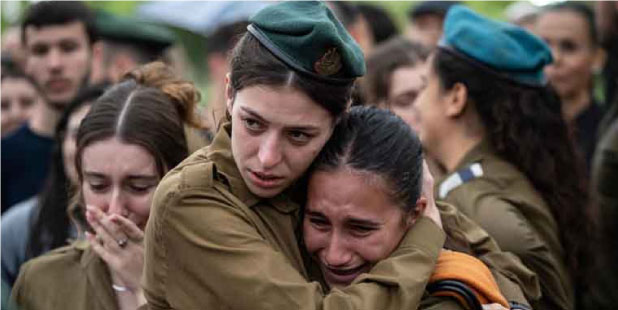
Israel Has The Most Moral Military In The World
April 10, 2024In the heart of a region often riddled with conflict, Israel stands out not only for its technologi...
-

The Resilience of the Israeli People
April 2, 2024Visitors from around the world have seen Hamas's October 7th Massacre's destruction in southern Isr...
-
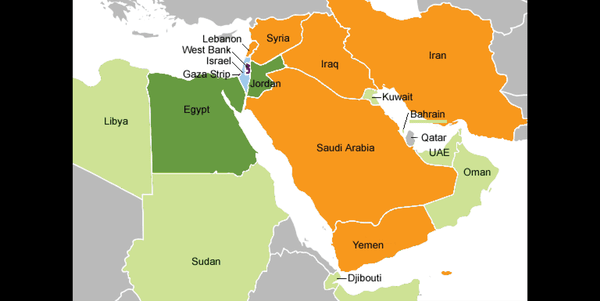
Israel: Small Size, Big Impact
March 21, 2024Nestled along the eastern edge of the Mediterranean Sea, Israel is a land of immense historical sig...
-
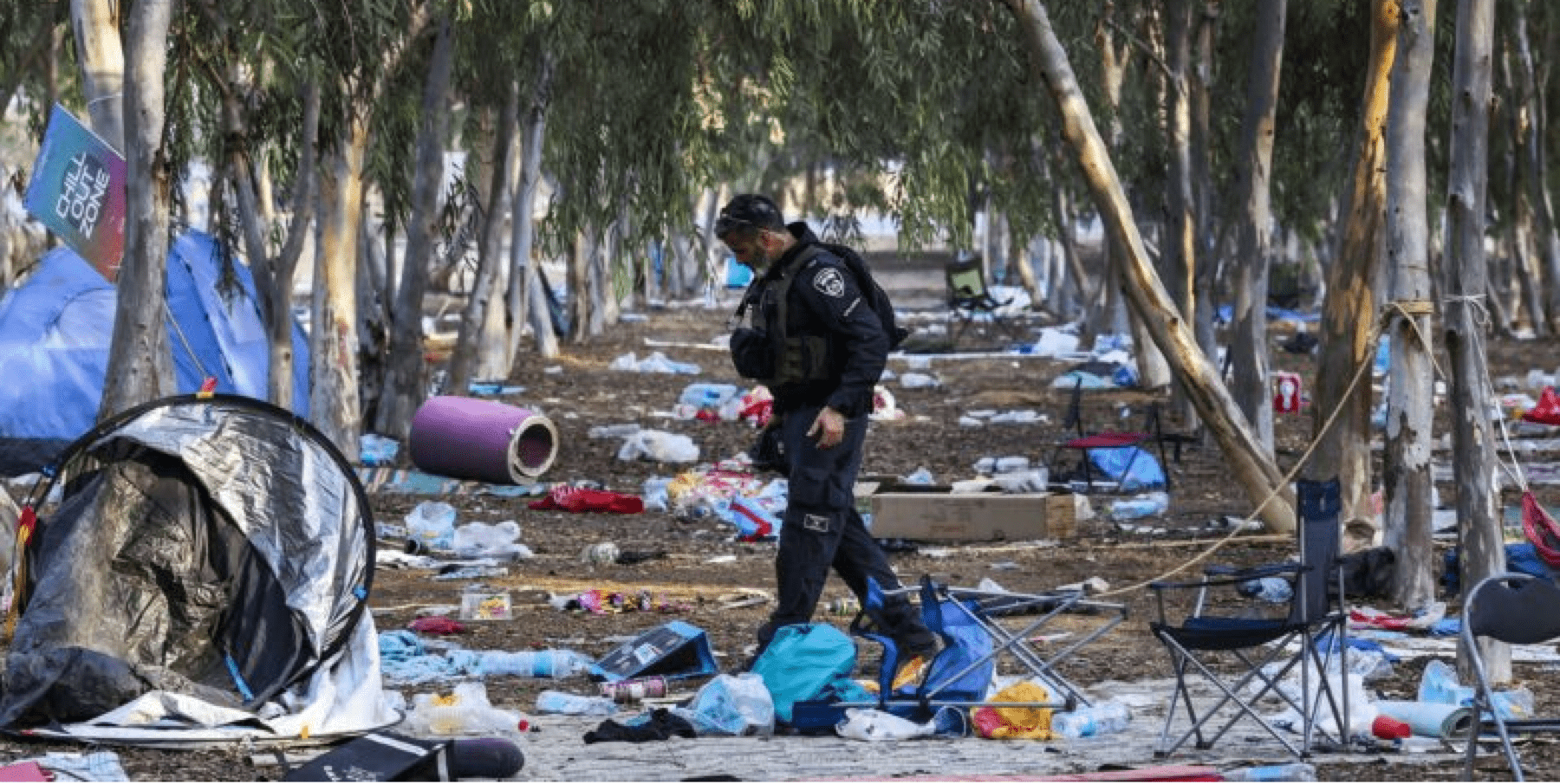
Israelis Are Fighting For Their Lives
February 21, 2024By Jonathan S. Tobin The world looks a lot different from Kibbutz Kfar Aza than it does in the U...
-
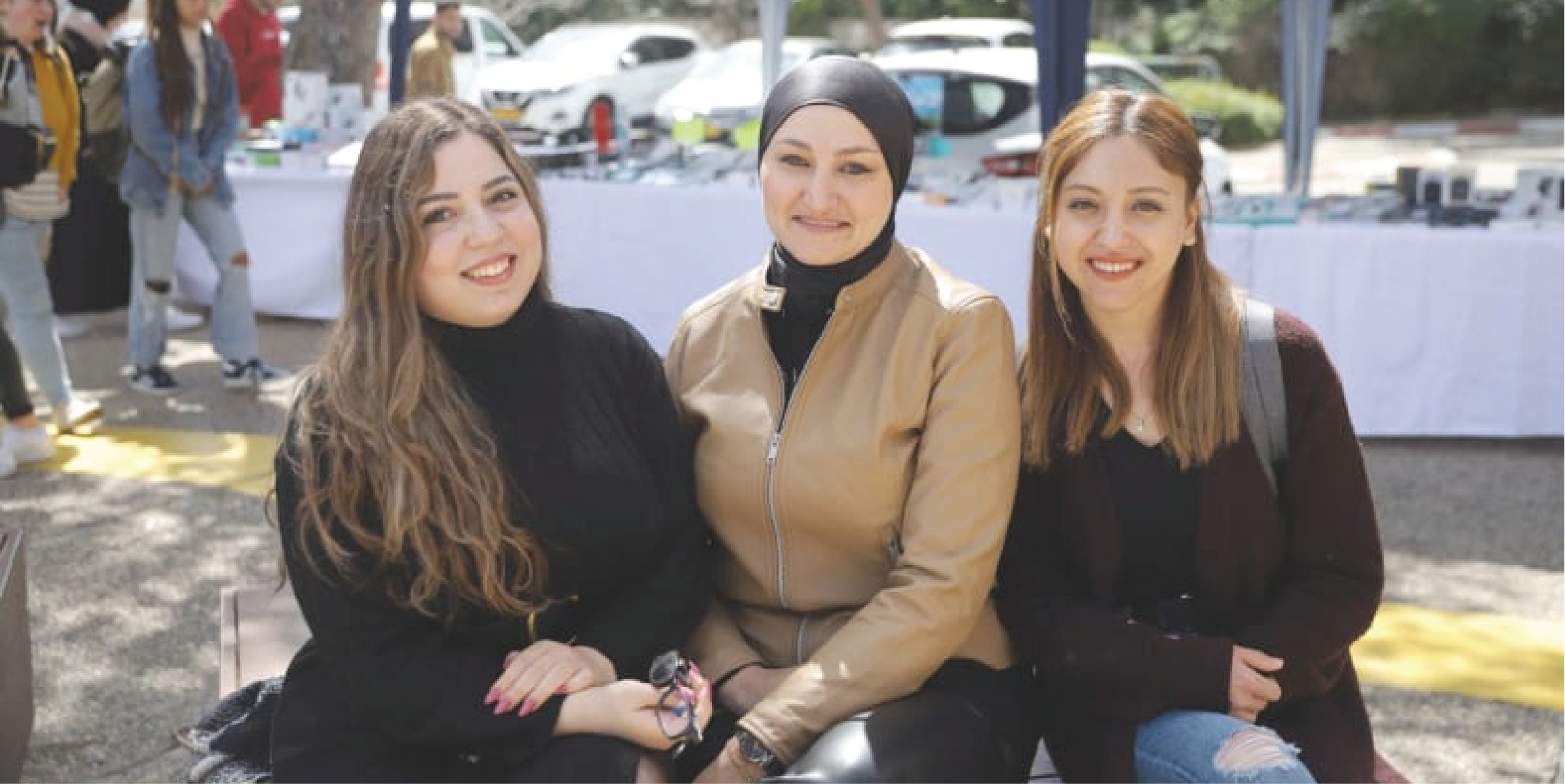
Over 2 Million Arabs Live In Israel
January 23, 2024In the complex landscape of the Middle East, where diverse cultures and identities intersect, Israe...
-
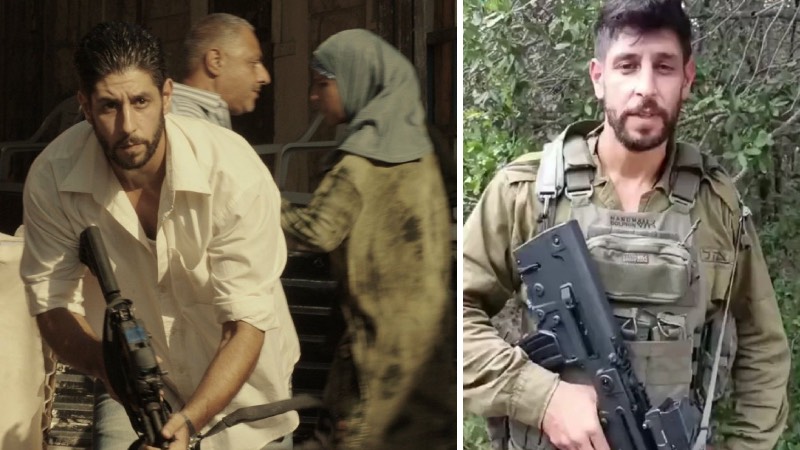
'Fauda' Star Idan Amedi Injured Fighting in Gaza
January 8, 2024Despite the severity of his injuries, Amedi's father assured Israeli news channels that his life is...
-
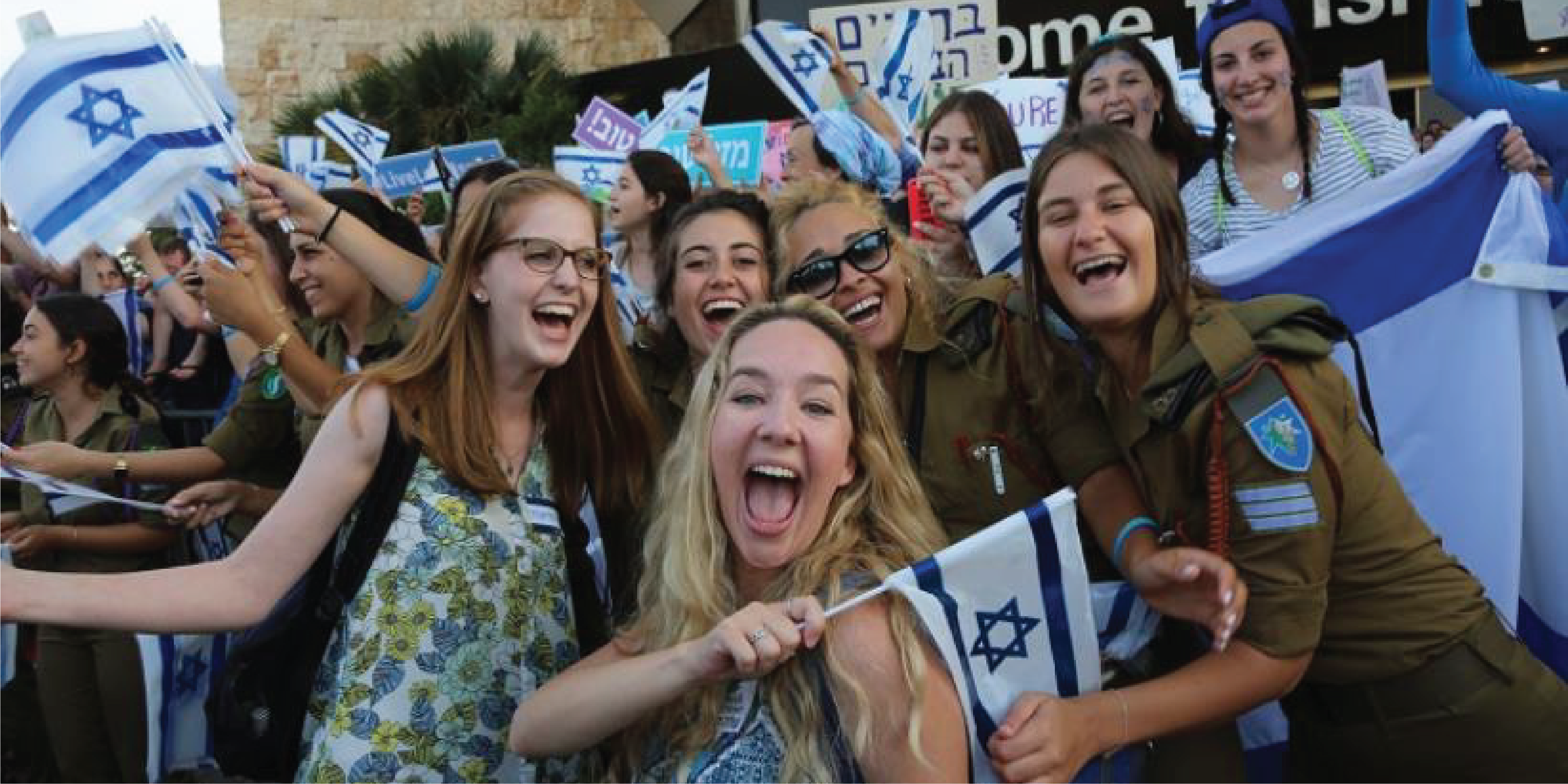
Israel Is A Great Country To Live In
December 28, 2023Nestled at the crossroads of the Middle East, Israel stands as a vibrant and dynamic nation, offeri...
-
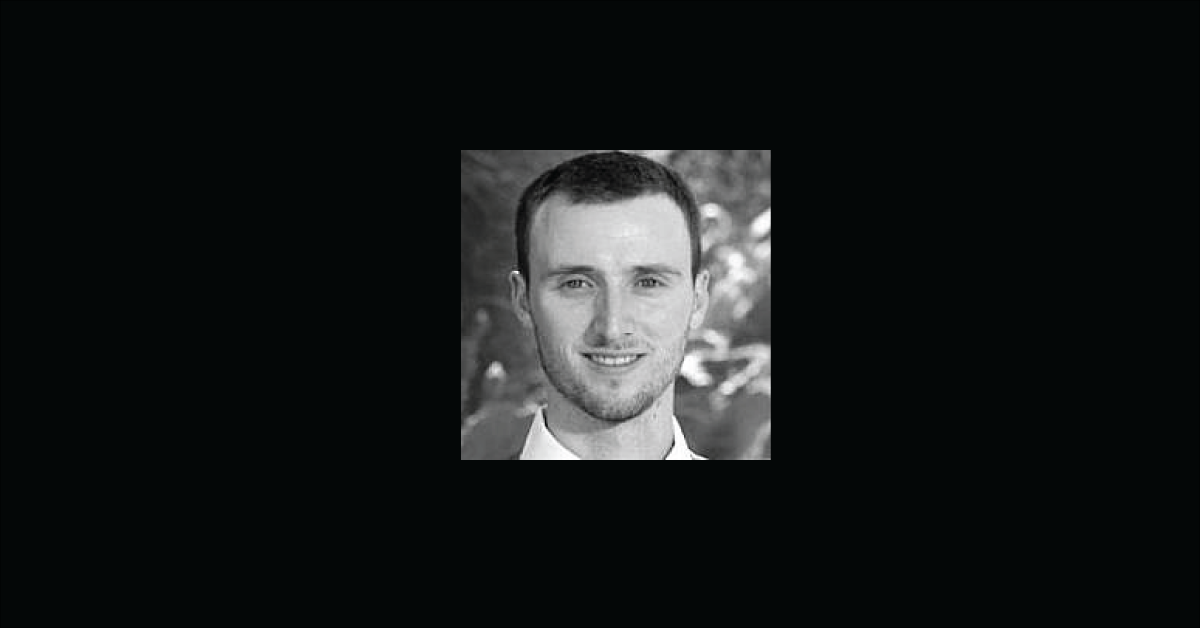
Dear World: I Don't Care
November 2, 2023By Avi Lewis I don’t care that you sympathize with Hamas I know you wouldn’t tolerate any of ...






















Reminds me of Teufelsberg Berlin